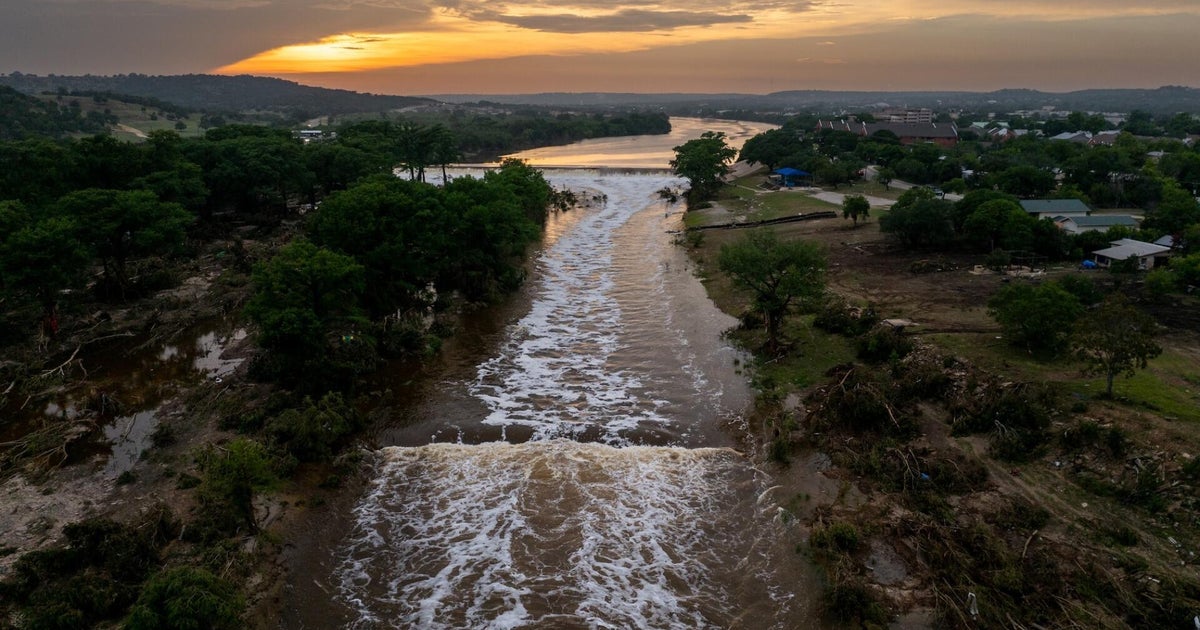To the editor: Guest contributor Michael Mische (“We still rely on gasoline. Why is California adding to the cost and the pollution?,” July 6) says “California’s energy transition is inevitable,” but wants to slow the transition lest oil companies punish us with higher gas prices.
But Mische ignores the costs from climate change-induced harms — catastrophic fires, floods, sea-level rise, droughts and extreme heat — for which taxpayers are currently footing the bill. This year’s L.A. fires alone are estimated to have cost upwards of $250 billion, and Californians are paying for climate damage through higher energy bills, insurance premiums, healthcare and rebuilding costs.
Meanwhile, large multinational fossil fuel corporations and California refineries enjoy record profits and are set to receive even more tax breaks and incentives under President Trump’s backwards budget bill.
Instead of asking fossil fuel companies to frack the thus-far unfrackable climate bomb that is the Monterey Shale, how about we demand a clear answer on why we pay the mystery gasoline surcharge?
The oil and gas industry has held Californians hostage for too long. The only way to escape is to invest in the transition to renewable energy, and quickly. There is a bill for that. The Polluters Pay Climate Superfund Law would require the world’s largest fossil fuel polluters to pay a tiny portion of their massive profits to contribute to the transition and clean up the mess they created.
We’re in a climate crisis because fossil fuel companies gaslighted us for decades to enrich themselves. Mische suggests they should bury us even deeper.
Cooper Kass, Los Angeles
The author is a staff attorney at the Center for Biological Diversity’s Climate Law Institute.
..
To the editor: A difficult aspect of dealing with the climate crisis is our deficiency as humans in projecting in the long term. With no disrespect for Mische’s expertise, one wonders if he is considering the tragic long-term economic consequences and human suffering associated with the continued combustion of fossil fuels. To be sure, we need to consider the impacts on those least able to afford higher fuel prices and provide relief accordingly as we transition, but those are the very same people who will be hit hardest by the climate crisis. We just lost more than 90 people in Texas because of a flood related to that very crisis.
Mische is worried about a potential price hike this summer. We should be worried about every summer’s climate catastrophe and the suffering that our grandchildren and their children will face if we do not act in the near term to rein in carbon pollution.
Michael Selna, Huntington Beach








 English (US) ·
English (US) ·